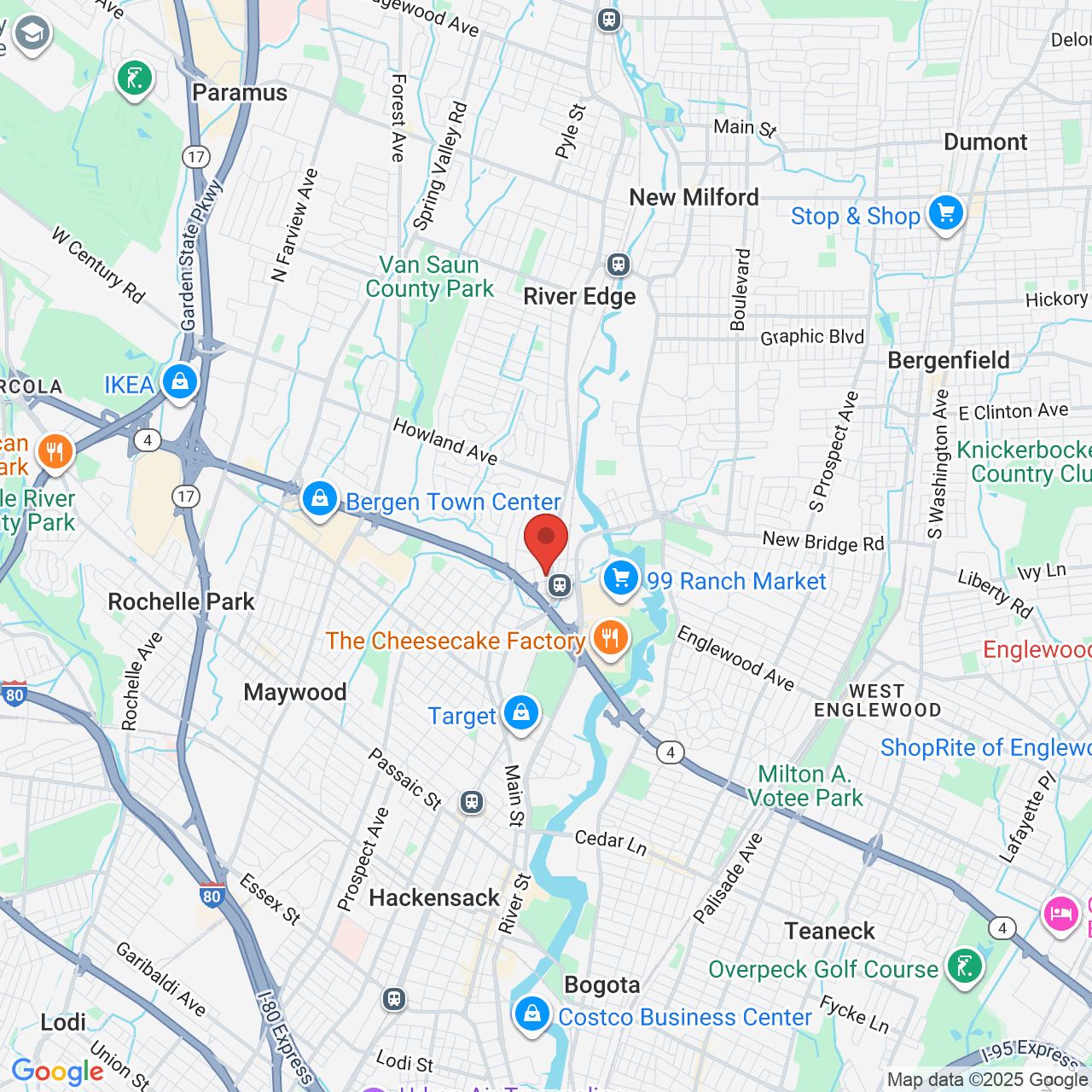A Tooth Extraction Can Provide Immense Relief
Although Dr. Stephen J. Malki and most dentists will always try to save your natural tooth structure, there are some situations where a tooth extraction is the best treatment option. If you have extensive decay, infection, or trauma which cannot be addressed with a dental crown, an extraction can help you get relief from your uncomfortable symptoms. Our office in River Edge, serving Bergen County, NJ, and the surrounding areas, works with a trusted anesthesiologist if you prefer to be deeply relaxed during your procedure. When you undergo extraction to treat a compromised tooth, Dr. Malki can also provide an implant-supported crown or dental bridge to fill in the remaining gap.
Talk to Dr. Malki: (201) 646-0800

Reasons You Might Need an Extraction
In cases where a tooth is so decayed or damaged that saving it is not possible, a tooth extraction is the best way to avoid escalating oral health problems. Signs that may need a tooth extraction include:
- A tooth that has irreparable structural damage due to trauma or decay
- A severely infected tooth that cannot be treated with root canal therapy
- A baby tooth that has not fallen out before the permanent tooth comes in
- An impacted or problematic wisdom tooth
An extraction can also be performed prior to orthodontic treatment when there is not enough room in your jaw for your teeth to move into their desired positions.
The Procedure
During extractions and other surgical procedures, Dr. Malki’s priority is to ensure complete patient comfort during each phase of therapy. First, Dr. Malki will administer a local anesthetic to numb the treatment area. If you are nervous about your procedure or require multiple extractions, Dr. Malki can also work with a trusted anesthesiologist to administer deeper level sedation. After you are prepped, Dr. Malki will loosen the tooth by gently rocking it inside its socket. He will then use forceps to remove the loosened tooth. Finally, he will place gauze over the socket to help with blood clotting.
Aftercare and Recovery
Following a tooth extraction, you will experience minor discomfort and inflammation near the tooth socket. This should dissipate after a day or so and can be controlled with an over-the-counter pain reliever. To minimize swelling, you are encouraged to apply a cold compress along the side of the face and mouth. To avoid irritating the treatment area, you should plan on eating soft foods for a couple of days.
Extracted permanent teeth should be replaced with a restoration, either traditional or implant-retained, to prevent oral health issues.
The Next Step: Replacing Extracted Teeth
An extracted permanent tooth should be replaced with a custom restoration as soon as possible. Otherwise, you may experience a variety of oral health issues caused by missing teeth, including:
- Jaw pain
- Temporomandibular joint (TMJ) disorder
- Shifting teeth
- Tooth erosion
- A misaligned bite
- Jawbone atrophy
- Changes to the facial structure along the jaw
A dental bridge can successfully complete a smile and prevent most oral health complications. However, implant-retained restorations have become the preferred tooth replacement solution. Dental implants can be used to anchor crowns, dental bridges, or dentures in place. Because implants attach your restoration directly to your jawbone, you can enjoy an unmatched level of reliability and durability. Additionally, the implants give your prosthetics a lifelike feel and appearance, and help to salvage your jaw and facial structure.
Learn More About Tooth Extraction
At Malki Dental, your comfort is our priority. If you need an extraction, we can guide you through treatment from preparation to your final restoration. Learn more about how tooth extraction can help you by calling us at (201) 646-0800, or leaving us an online message.

